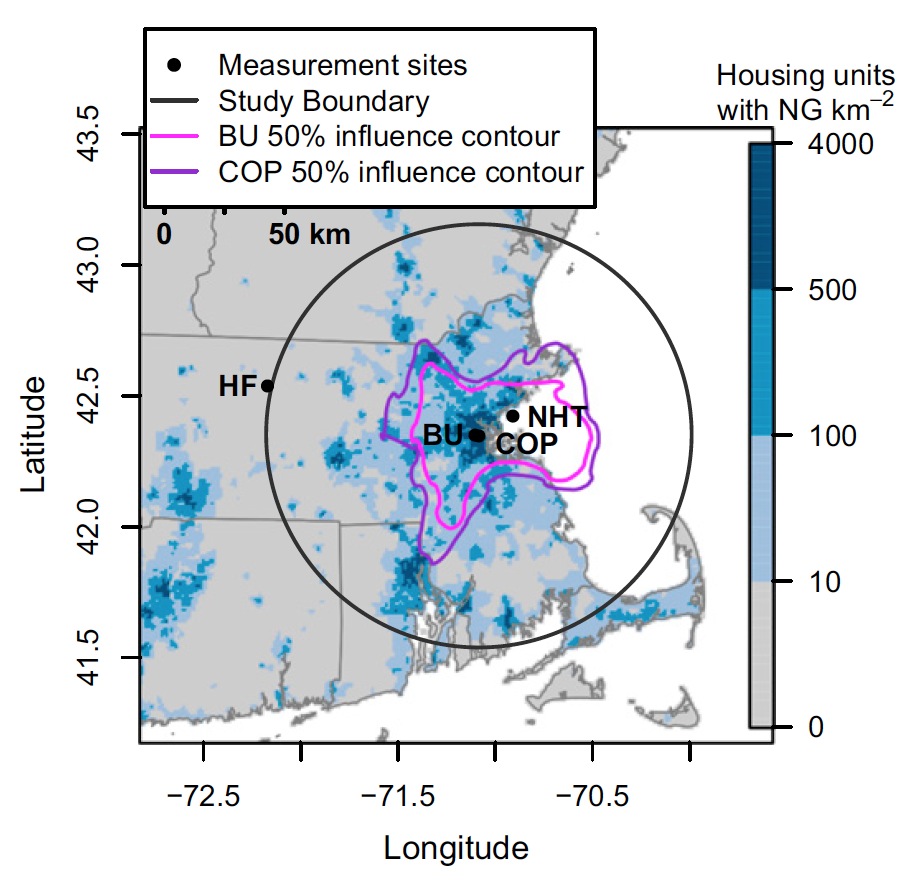
PROCEEDINGS OF THE NATIONAL ACADEMY OF SCIENCES OF THE UNITED STATES OF AMERICA (PNAS)
Most recent analyses of the environmental impact of natural gas have focused on production, with very sparse information on emissions from distribution and end use. This study quantifies the full seasonal cycle of methane emissions and the fractional contribution of natural gas for the urbanized region centered on Boston. Emissions from natural gas are found to be two to three times larger than predicted by existing inventory methodologies and industry reports. Our findings suggest that natural-gas–consuming regions may be larger sources of methane to the atmosphere than is currently estimated and represent areas of significant resource loss.
View this complete post...
Tags: Boston, Greenhouse Gases, MA, Massachusetts, Methane, National Academy of Sciences, Natural Gas, PNAS, Proceedings of the National Academy of Sciences of the United States of America
Posted in
Climate Change, Energy, Environment, Infra Views, Local, Pollution
Comments Off on Boston: Methane Emissions from Natural Gas Infrastructure
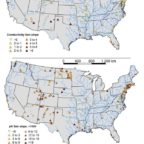












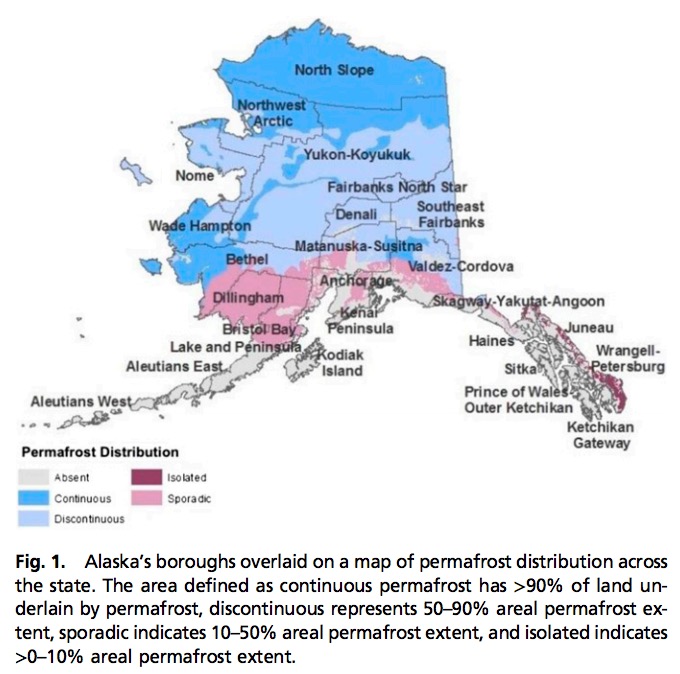
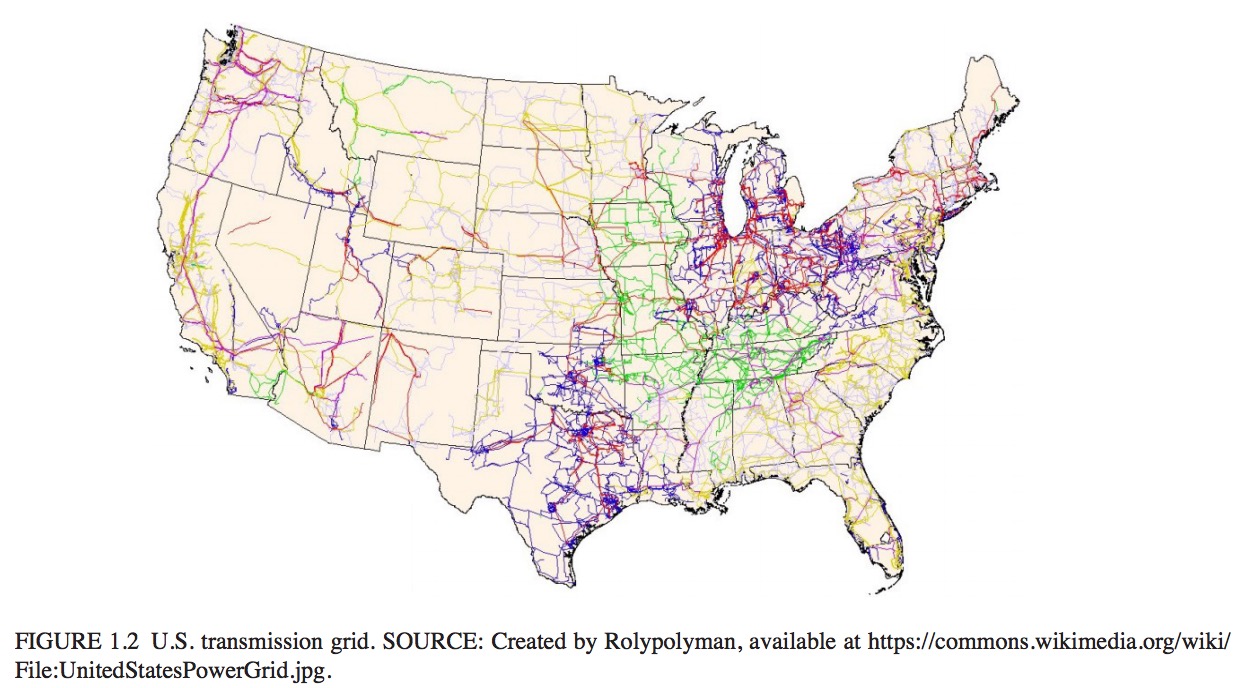

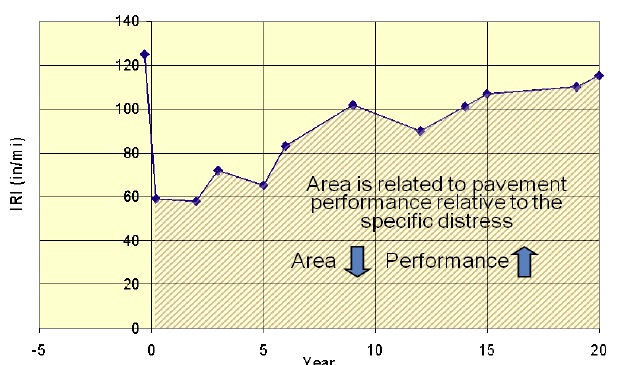
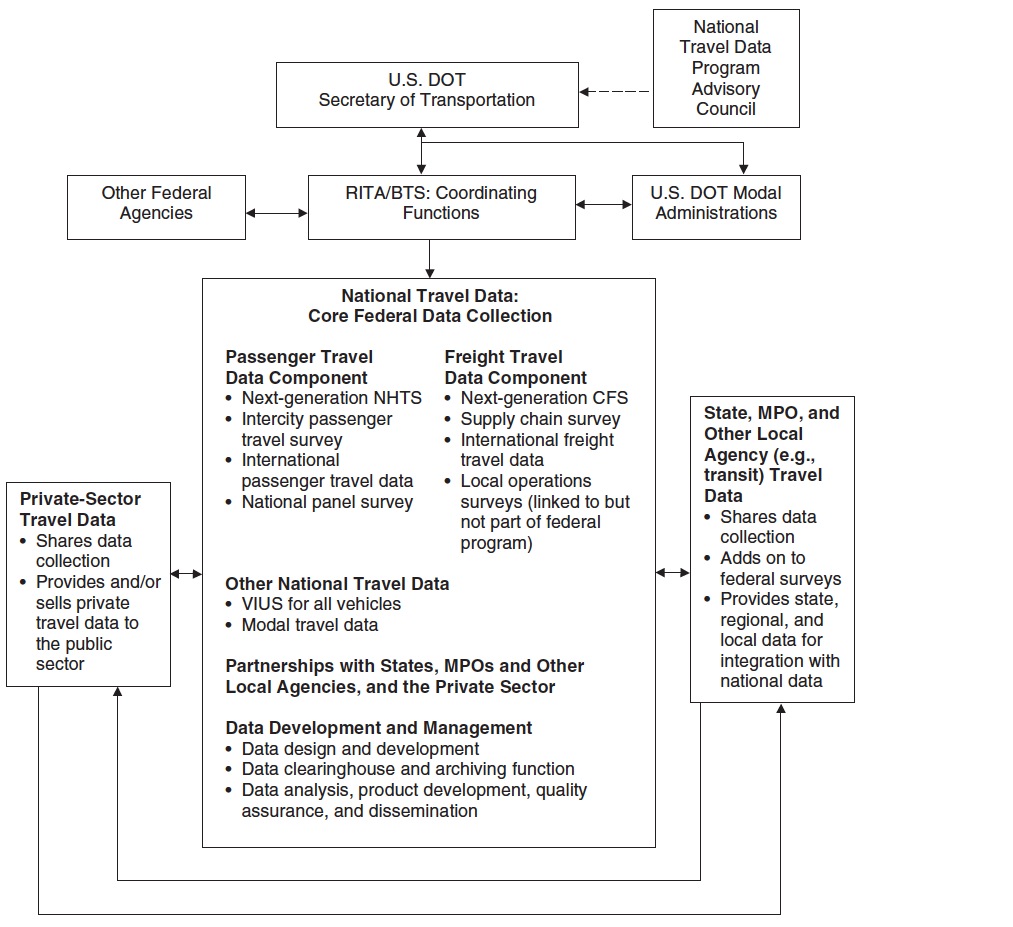
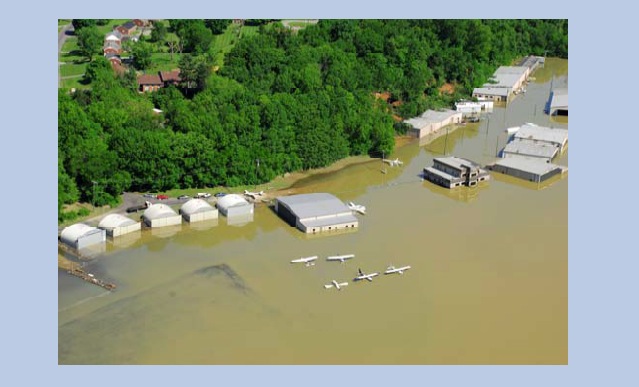

 RSS Feed
RSS Feed